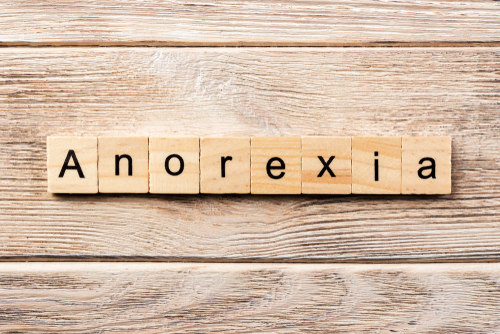
Eating disorders are serious mental illnesses. They are characterized by abnormal, irregular eating habits, and an extreme concern with one’s body weight or shape. There are several different manifestations of eating disorders. The various types are listed in the Diagnostic and Statistical Manual of Mental Disorders, Fifth Edition (DSM-5) under the Disorder Class: Feeding and Eating Disorders. The three most common eating disorders are anorexia nervosa, bulimia nervosa and binge-eating disorder. Eating disorders can be debilitating and can adversely affect a person’s emotions, health, and interfere with one’s ability to adequately function in his or her daily life. If left untreated, eating disorders can result in severe short and long-term consequences.
Every individual is different and will react distinctly to the array of therapeutic treatment modalities available. The treatment plan for an individual diagnosed with an eating disorder will be directly informed by several contributing factors, such as: the exact diagnosis, how long he or she has been actively engaging in unhealthy eating habits, his or her personal health history, and the presence of any co-morbid disorders. Some of the most frequently relied upon therapeutic treatment methods when treating eating disorders could include, but are not limited to cognitive behavioral therapy, dialectical behavior therapy, and interpersonal therapy.
Cognitive Behavioral Therapy
Cognitive behavioral therapy (CBT) works by addressing one’s thoughts. It holds the basic assumption that one’s thoughts govern one’s feelings, which in turn affects one’s behaviors. Through CBT an individual’s unhelpful cognitive distortions and behaviors are challenged and disrupted, essentially prohibiting one’s ability to maintain dysfunctional eating habits.
Dialectical Behavior Therapy
Dialectical Behavior Therapy (DBT) is recognized as an effective method of treatment for an individual diagnosed with an eating disorder. DBT can help an individual learn useful self-management skills, reduce stress, minimize anxiety, and learn to control destructive eating behaviors. DBT promotes acceptance and teaches individuals how to live in the present moment and cope with emotional triggers that may otherwise perpetuate unhealthy symptoms and behaviors associated with eating disorders.
Interpersonal Therapy
Interpersonal therapy (IPT) a therapeutic modality that is most often used to treat individuals who suffer from psychiatric disorders such as anxiety disorders, eating disorders, depression, etc. Interpersonal therapy focuses on how a person’s communications and interactions with other people affect one’s own mental health. Through interpersonal therapy an individual will learn to resolve and adjust unhealthy interpersonal problems, resulting in a symptomatic recovery.
When posed with the question: What type of therapy is best for eating disorders? The answer is variable as there are countless factors that must be considered which make it is impossible to provide a definitive answer regarding the universal efficacy of any single type of therapy. In order to provide the most effective treatment, including a variety of different types of therapies into one’s treatment plan may be advantageous.
Disclaimer:
The information above is provided for the use of informational purposes only. The above content is not to be substituted for professional advice, diagnosis, or treatment, as in no way is it intended as an attempt to practice medicine, give specific medical advice, including, without limitation, advice concerning the topic of mental health. As such, please do not use any material provided above as a means to disregard professional advice or delay seeking treatment.

